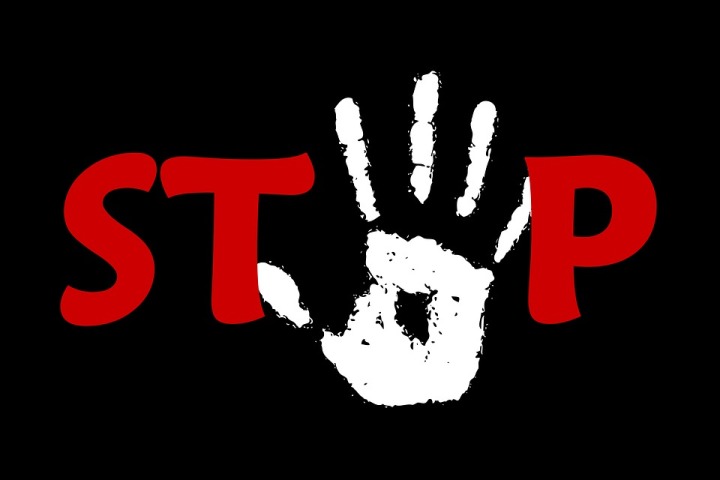Colombian acid attack survivor vows to push for greater justice for other victims
One woman is killed on average every three days in Colombia- often by their husbands, boyfriends or family - and 55 cases of sexual violence are reported daily, according to the National Institute of Legal Medicine and Forensic Sciences.

- Country:
- United States
After 35 operations to reconstruct her face burnt in an acid attack four years ago, Colombian Natalia Ponce de Leon has overcome her anger and is determined to push for greater justice for rising numbers of women victims in her country and globally.
The attack on Ponce by a stalker outside her home in Bogota left her with severe burns over one-quarter of her body but made her determined to do something to stop the widespread acceptance of violence against women in her home country.
One woman is killed on average every three days in Colombia- often by their husbands, boyfriends or family - and 55 cases of sexual violence are reported daily, according to the National Institute of Legal Medicine and Forensic Sciences.
Ponce said the number of acid attacks against women was on the rise in Colombia, which has one of the highest rates of acid attacks per capita, according to London-based charity Acid Survivors Trust International (ASTI).
She said 53 cases were reported in 2017, up from 33 in 2016, with most against women, despite her campaigning leading to a new law in 2016 - named after her - that increased the maximum jail sentence for acid attacks to 50 years.
"Acid is thrown at us and we are burnt because of the fact that we are women. What happened to me can happen to anyone," said Ponce, a speaker at the Thomson Reuters Foundation's annual Trust Conference on slavery and human rights on Thursday.
"The attacker is thinking - if you aren't mine then you can't be with anyone else. They don't aim to kill you, but give you a living death sentence."
Ponce, 38, said the pain of the attack would always be with her but she had become resolute that she "can turn the negative into a positive" and help other victims to do the same.
RISING ATTACKS GLOBALLY
ASTI said about 1,500 acid attacks are reported globally each year, mostly against women, although the actual number was probably much higher with most victims too scared to speak out.
While most common in South Asia, acid attacks also occur in the Middle East and in Europe, with Britain and Italy reporting a rise in attacks in recent years, according to ASTI.
Earlier this month a Ukrainian anti-corruption activist, 33-year-old Kateryna Handzyuk, died three months after being attacked with acid that burnt over 40 percent of her body. Ponce set up a foundation in 2015 to provide support to acid victims and push Colombia to introduce a law with tougher sentences for offenders and free state medical care for victims.
But Ponce said her work was far from done as too few acid attack victims, particularly in rural areas, get the specialized medical care they are entitled to under the law, such as long-term psychological therapy and reconstructive surgery.
For Ponce, operations have included using artificial skin from the Netherlands to reconstruct her severely burnt face.
"Many survivors of acid attacks still don't know their rights," said Ponce, who is also campaigning to ensure more public hospitals have specialized burns units.
Ponce's attacker is behind bars, serving a 20-year sentence, but justice remains elusive for many acid attack survivors as most crimes of violence against women go unpunished with many women refusing to come forward and report attacks, Ponce said.
Often acid attacks in Colombia involve women with a history of domestic violence, and are committed by jealous or vengeful boyfriends, husbands, ex-partners, as well as spurned suitors.
"The judicial system and judges in Colombia ... still blame women for the violence inflicted against them - why a woman was out at such a time, what she was wearing," she said.
Ponce said she is focused on becoming more resilient and "embracing adversity" - not the man who destroyed her identity.
"We can't remain as victims. We can't live in a prison. Hate and anger is a prison. I had a lot of anger. I've learnt to get rid of the anger so I can breathe again," she said.
- READ MORE ON:
- Reuters
- Thomson Reuters
- London
- Jack London
- Asia
- Western Asia
- East Asia
- Netherlands
- New Netherland
- Flag of the Netherlands
- Thomson Reuters Foundation
- Ukraine
- Flag of Ukraine
- Germany–Ukraine relations
- Interview
- Structured interview
- College interview
- South Asia
- Medical jurisprudence
- Natalia Ponce de León










